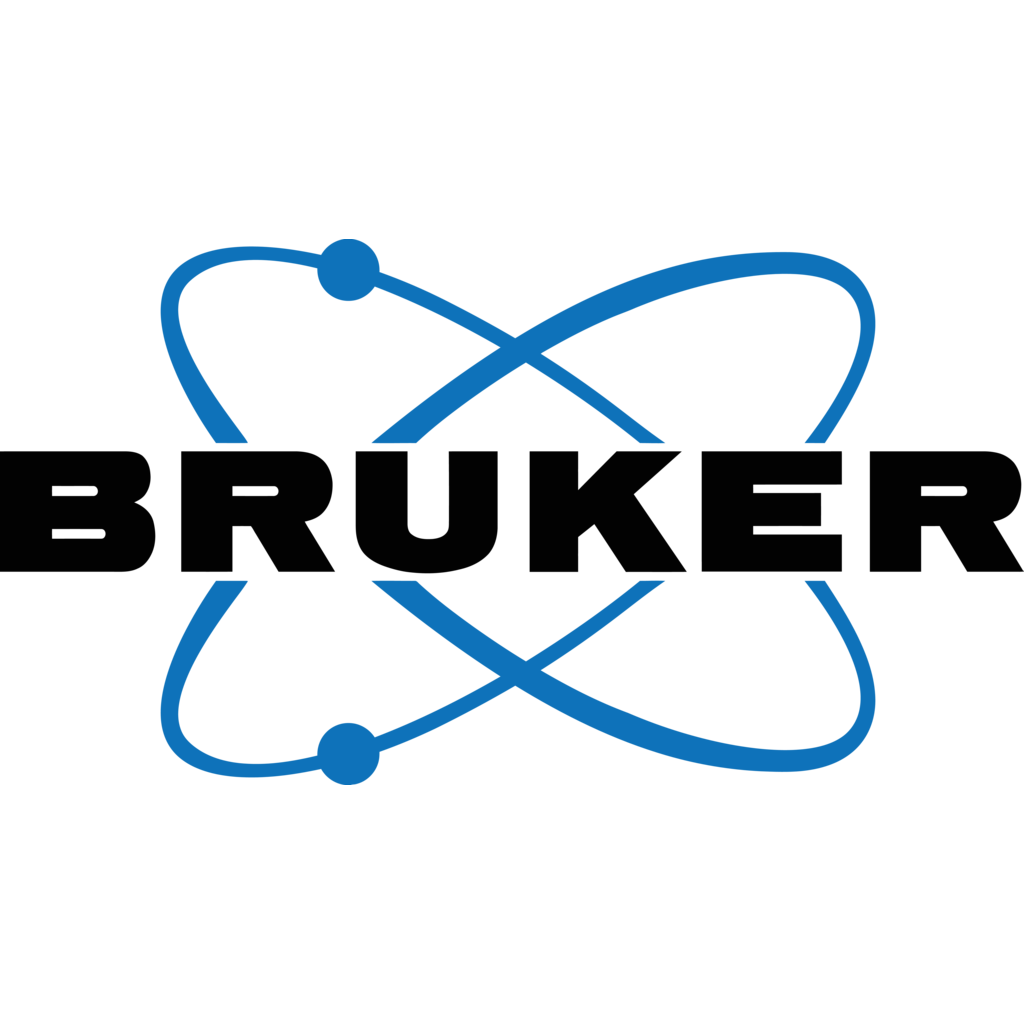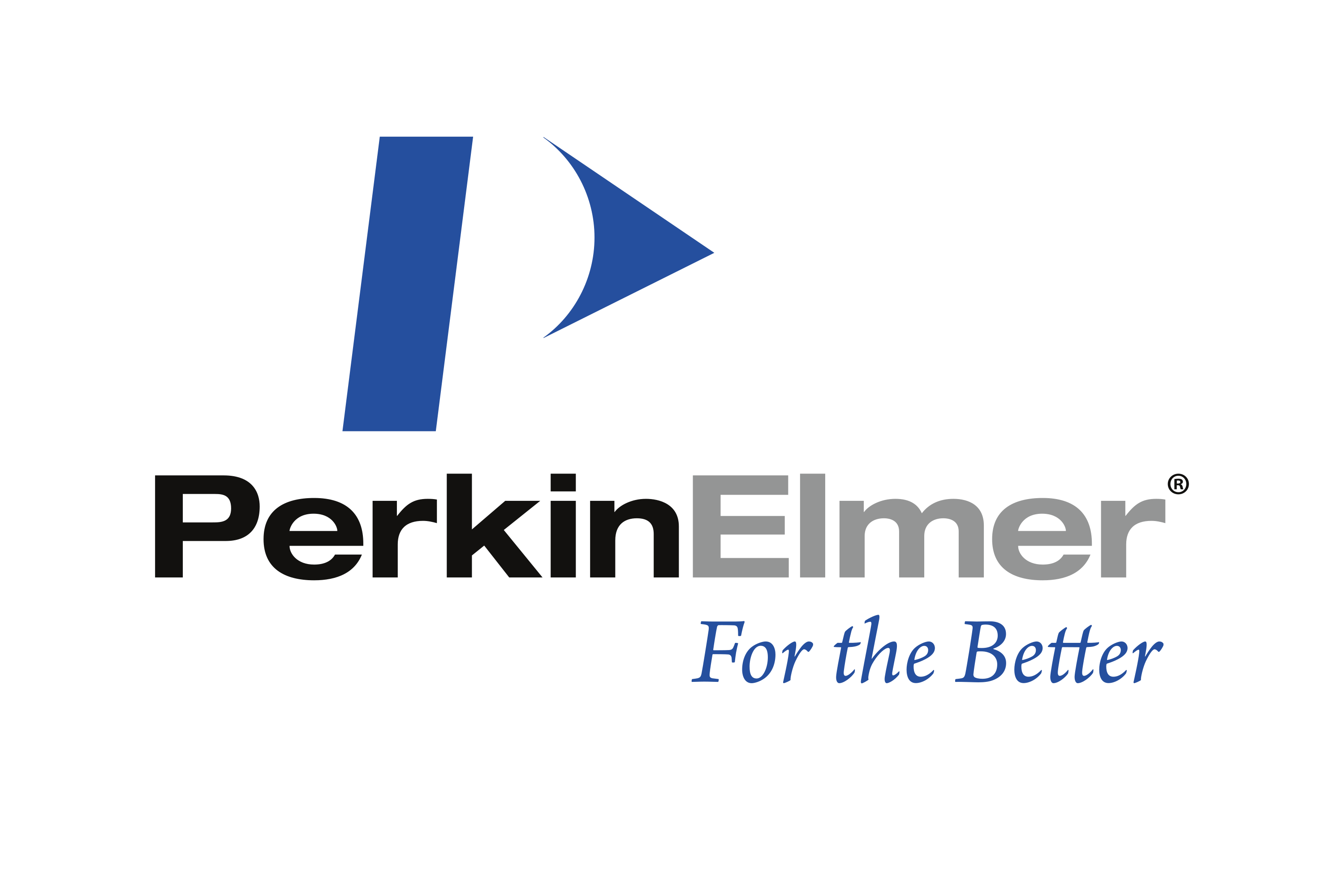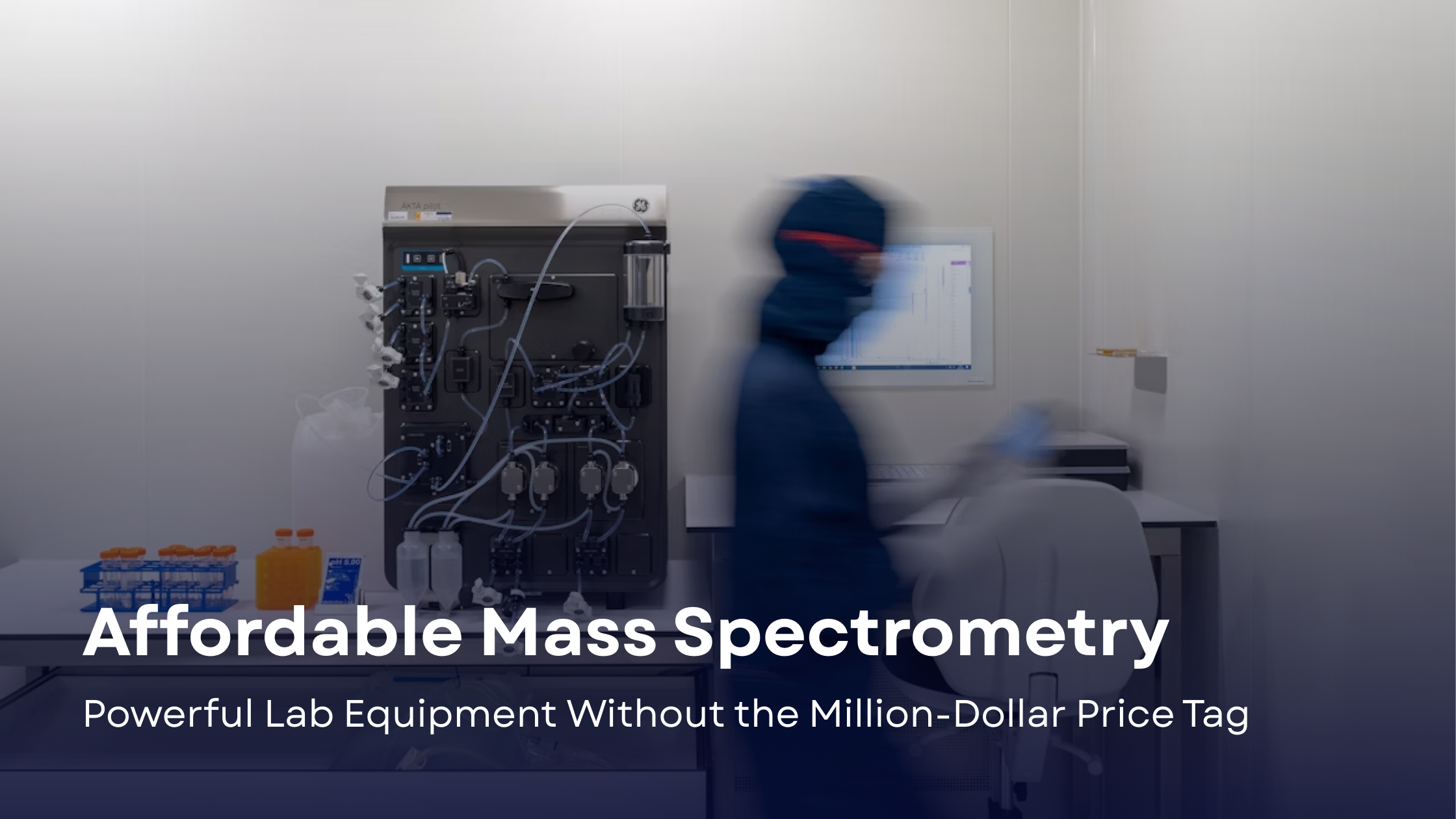
Mass spectrometry (MS) has long been recognized as one of the most powerful techniques for chemical and biological analysis. From identifying unknown compounds to quantifying trace contaminants, MS provides unmatched sensitivity and precision. It is a cornerstone technology in pharmaceutical development, environmental testing, food safety, proteomics, and materials research.
The challenge? The newest, top-of-the-line MS systems often carry a price tag well above $1 million USD. While these instruments deliver exceptional capabilities for specialized applications, most labs don’t need ultra-high resolution or complex fragmentation experiments for routine analysis work.
For many users, the question isn’t “what’s the most advanced MS available?” but rather:
“What’s the most cost-effective MS that will get the job done?”
The answer depends on what analysis needs to be performed. For most laboratories, the sweet spot lies in basic to middle-trim level mass spectrometers, and refurbished MS systems offer an excellent balance for performance and affordability.
LC–MS: Waters Acquity UPLC System with QDa Detector


Spectrometer Type: Single Quadrupole
Scan Modes: Full Scan, Single Ion Recording (SIR)
Mass Detection Range: 30 – 1250 m/z
Scan Rate: Up to 10,000 Da/sec
The Waters ACQUITY QDa brings mass detection to laboratories that previously relied only on UV or PDA detectors. Its compact size, ease of use, and affordability make it ideal for labs that want the confidence of MS data without investing in a complex, high-resolution platform. Unlike traditional LC–MS systems, the QDa is engineered for simplicity. It integrates with ACQUITY UPLC and HPLC platforms, giving chromatographers fast, reliable molecular weight confirmation alongside traditional chromatographic data.
LC–MS/MS: Thermo Scientific TSQ Endura


Spectrometer Type: Triple Quadrupole
Scan Modes: Full Scan, Product Ion Scan, Precursor Ion Scan, Neutral Loss, SIM, SRM/MRM
Mass Detection Range: ~ 10 – 2000 m/z (extended range depending on configuration)
Scan Rate: Up to 500 SRM transitions/sec
Sensitivity: < 10 fg reserpine on column (S/N > 10:1, MRM)
The Thermo Scientific TSQ Endura triple-stage quadrupole mass spectrometer provides unparalleled value, with limits of detection (LODs) and limits of quantitation (LOQs) unrivaled in its class. It delivers this best-in-class quantitation run after run and day after day, even for complex and difficult-to-run samples. While newer TSQ models exist, the Endura remains a cost-effective and dependable choice for labs that need high sensitivity, reproducibility, and targeted quantitation at a lower investment level.
This platform shines in routine but demanding applications such as pharmaceutical QC, food safety testing, environmental monitoring, and clinical research. By focusing on robustness and throughput, it ensures labs can handle heavy sample loads without compromising accuracy. The TSQ Endura MS helps users spend more time thinking about their analyses and less time worrying about instrument setup and operation.
GC–MS: Agilent 5975C Inert XL EI/CI MSD


Spectrometer Type: Single Quadrupole
Scan Modes: Full Scan, Selected Ion Monitoring (SIM)
Mass Detection Range: 1.6 – 1050 m/z
Scan Rate: Up to 12,500 amu/sec
The Agilent 5975C GC/MSD has been a cornerstone in gas chromatography–mass spectrometry for years. Renowned for its reliability, robustness, and wide adoption, the 5975C is one of the most trusted GC–MS platforms for laboratories worldwide.
The Agilent 5975C inert MSD with its Triple-Axis Detector gives you innovative design features to boost your lab’s productivity and advanced analytical capabilities that enhance your results and your confidence. In addition to delivering better MS resolution and the lowest mass deviation available, the system offers superior sensitivity and spectral integrity.
GC–MS/MS: Bruker Scion 436 and EVOQ GC-TQ MS


Spectrometer Type: Triple Quadrupole
Scan Modes: Full Scan, SIM, SRM/MRM
Mass Detection Range: ~ 10 – 1200 m/z
Scan Rate: Up to 20,000 amu/sec
Sensitivity: < 1 fg OFN on column (S/N > 100:1, MRM, EI mode)
The Bruker EVOQ GC–MS/MS offers advanced triple quadrupole selectivity and sensitivity in a streamlined, affordable design. Built with ease of use and throughput in mind, the EVOQ is ideal for complex testing scenarios such as pesticide residue monitoring, environmental analysis, and food safety compliance.
Its collision cell technology and optimized ion optics enable low detection limits and high selectivity, even in complex sample matrices. Despite its advanced capabilities, refurbished EVOQ systems are accessible for labs looking to expand into MS/MS analysis without overextending budgets.
ICP–MS: PerkinElmer NexION 1000


Spectrometer Type: Triple Quadrupole
Scan Modes: Single Quad Mode, Standard Mode, Kinetic Energy Discrimination (KED)
Mass Detection Range: 1 – 285 amu
Scan Rate: 5000 amu/sec
Sensitivity: Be > 6Mcps/mg/L; In > 100 Mcps/mg/L; U > 80 Mcps/mg/L
With growing concerns over contaminants in food, water, pharmaceuticals, and everyday consumer products, labs need solutions that deliver both accuracy and efficiency at a low cost per sample. That’s where the NexION 1000 ICP-MS comes in. The PerkinElmer NexION 1000 is an affordable entry point into elemental analysis, built for trace metals detection in environmental, food, and biological samples. Compact, user-friendly, and cost-efficient, it gives labs dependable performance without the complexity of high-end multi-mode systems.
With features like Universal Cell Technology for quick gas switching and effective interference removal, Extended Dynamic Range for simultaneous major and trace element analysis, and easy maintenance with a Triple Cone Interface and Quadrupole Ion Deflector, the NexION 1000 is built for productivity. Plus, the Syngistix software comes loaded with preset methods, making it easy for teams to get started right away.
Why Affordable Mass Spectrometry Matters
Not every lab has the limitless resources of a large global corporation, but the need for reliable analytical tools is universal. Affordable mass spectrometry systems open the door for more labs to access high-quality analysis without overspending.
For universities, they provide practical tools for teaching and training students; for startups and R&D teams, they deliver the performance needed to generate data and prove concepts without draining budgets; and for small-scale manufacturers, they offer reliable, routine monitoring and compliance checks. In all cases, affordable MS ensures that powerful analytical capabilities are within reach, not just reserved for million-dollar labs.
If you’re exploring options for your lab, we’d be happy to discuss which MS systems provide the best fit for your applications and budget. Contact us today





